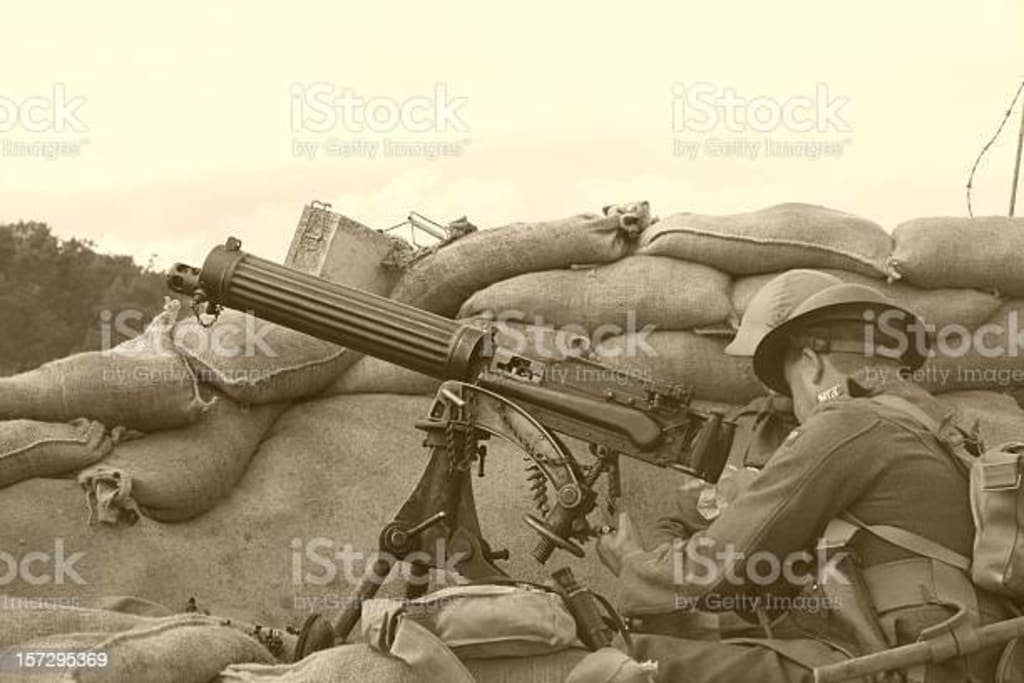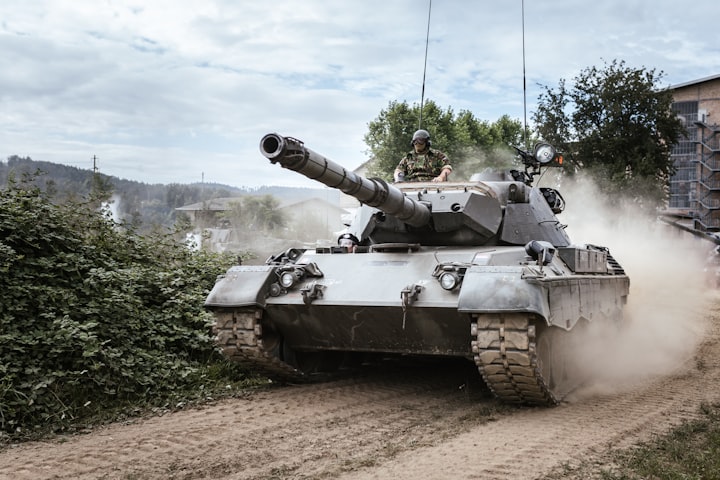
World War I, also known as the Great War, was a global conflict that took place from 1914 to 1918. It involved many nations and had a significant impact on the world. Here are the key details and events of World War I:
1. Causes of the War:
- Nationalism: Intense patriotism and competition among nations.
- Imperialism: Rivalry for colonies and resources.
- Militarism: Arms race and the buildup of military forces.
- Alliance System: Complex network of alliances between countries.
2. Assassination of Archduke Franz Ferdinand:
- On June 28, 1914, Archduke Franz Ferdinand of Austria-Hungary was assassinated by a Serbian nationalist in Sarajevo, Bosnia.
- The event triggered a diplomatic crisis and set in motion a chain of events leading to the outbreak of war.
3. Outbreak and Course of the War:
- Austria-Hungary declared war on Serbia, leading to a series of declarations and mobilizations among the European powers.
- The conflict quickly escalated, drawing in major powers such as Germany, Russia, France, and the United Kingdom.
- The war was characterized by trench warfare, heavy casualties, and the use of new weapons, including artillery, machine guns, and poison gas.
- Battles such as the Somme, Verdun, and Ypres resulted in massive loss of life.
4. Major Alliances:
- The Central Powers: Germany, Austria-Hungary, and later the Ottoman Empire and Bulgaria.
- The Allied Powers: France, Russia (later replaced by the Soviet Union), the United Kingdom, and other countries such as Italy, Japan, and the United States.
5. United States' Entry:
- The United States initially adopted a policy of neutrality but entered the war in 1917 after German unrestricted submarine warfare and the Zimmermann Telegram.
- The entry of the United States played a crucial role in tipping the balance in favor of the Allies.
6. Global Impact:
- The war affected not only Europe but also regions such as the Middle East, Africa, and Asia due to the involvement of colonial territories.
- The collapse of empires, including the Austro-Hungarian, Ottoman, German, and Russian empires, led to significant political changes and the redrawing of borders.
7. Armistice and Treaty of Versailles:
- In November 1918, an armistice was signed, ending the fighting.
- The Treaty of Versailles, signed in 1919, officially ended the war and imposed harsh terms on Germany, leading to resentment and setting the stage for future conflicts.
8. Casualties and Legacy:
- The war resulted in an estimated 16 million military and civilian deaths and caused widespread destruction.
- World War I laid the foundation for the geopolitical and social changes of the 20th century, including the rise of communism, the breakup of empires, and the reshaping of national boundaries.
World War I was a devastating conflict that reshaped the world order and set the stage for future conflicts. Its impact on politics, society, and culture can still be felt today, making it a significant turning point in history.
9. Technology and Warfare:
- World War I saw the introduction of new and advanced military technologies. These included tanks, aircraft, submarines, and artillery.
- The use of machine guns in trench warfare led to high casualty rates and a stalemate on the Western Front.
- Poison gas was also used, causing widespread suffering and long-term health effects on soldiers.
10. Home Front and Total War:
- The war involved the mobilization of entire societies and economies, turning it into a "total war" effort.
- Civilians played a crucial role in supporting the war effort through rationing, working in factories, and contributing to war bonds.
- Propaganda was extensively used to shape public opinion and maintain morale.
11. Women's Suffrage and Social Changes:
- World War I provided opportunities for women to take on roles traditionally held by men, leading to advancements in the women's suffrage movement.
- Women worked in factories, offices, and hospitals, and contributed to the war effort as nurses and volunteers.
- The war contributed to the changing roles of women in society and paved the way for greater gender equality.
12. Eastern Front and the Russian Revolution:
- The Eastern Front, the conflict between Russia and the Central Powers, witnessed large-scale battles and significant casualties.
- The strain of the war, along with social and economic hardships, contributed to the Russian Revolution in 1917 and the subsequent rise of communism.
13. Humanitarian Consequences:
- World War I caused immense suffering and humanitarian crises, including the displacement of civilians, famine, and the disruption of vital services.
- Efforts were made to address these consequences, leading to the establishment of organizations such as the Red Cross and initiatives to provide aid and support to affected populations.
14. Art and Literature:
- World War I had a profound impact on art and literature. Artists and writers reflected the horrors and disillusionment of the war in their works.
- The war inspired powerful anti-war literature, such as "All Quiet on the Western Front" by Erich Maria Remarque and poems by Wilfred Owen and Siegfried Sassoon.
15. Long-Term Effects:
- World War I set the stage for subsequent conflicts, including World War II, as the peace settlement and terms imposed on Germany sowed seeds of discontent and resentment.
- The League of Nations, established after the war, aimed to prevent future conflicts but faced challenges and ultimately failed to maintain peace.
These additional details highlight the wide-ranging impact of World War I on society, culture, and politics, as well as its long-term consequences that shaped the course of the 20th century.
About the Creator
Areej Fatima
Unlock the potential of your brand with our content writing services. Let us transform your ideas into words that connect, persuade, and make a lasting impression on your audience.






Comments
There are no comments for this story
Be the first to respond and start the conversation.